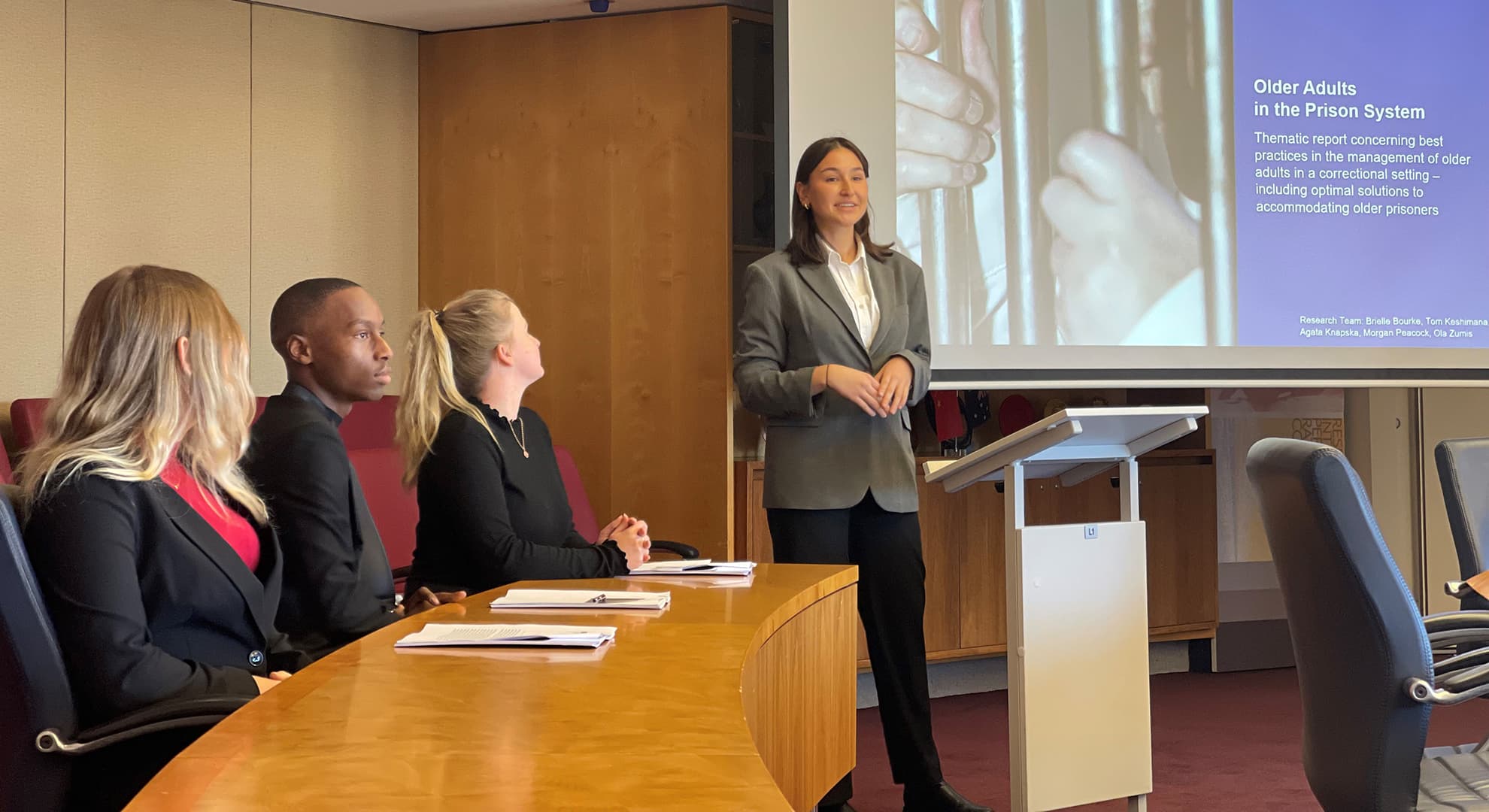Like many of us, Ola (pictured above) has always been interested in crime. Especially the question of why someone commits a crime.
To turn this interest into a career, she decided to travel to Perth from her native Poland to study a Bachelor of Criminology and Justice degree. This course would help her understand the whats and whys of the criminal justice system and the complexities of criminal minds.
"I started my degree thinking that it is going to be like NCIS and other criminal shows, but it turned out to be way more interesting, engaging, and complex," says Ola. "I also appreciated being able to do electives from various disciplines, such as forensic science or management."
Choosing a capstone project
In her final year, Ola undertook a 'capstone project'. Capstones are self-contained research studies that aim to test your theoretical knowledge by applying it to a practical problem in an industry.
In Ola's case, this practical problem was one relating to the criminal justice system: how to effectively manage and accommodate older adults in a correctional setting.
Throughout the project, Ola's group were mentored by a staff member from the Department of Justice, along with Dr Natalie Gately, the course unit coordinator.
"I felt that previous study units had prepared me well to complete such a big and important project," says Ola.
 Criminology students being instructed by a member of the WA Police Academy.
Criminology students being instructed by a member of the WA Police Academy.
Employability skills a bonus
Apart from the research and problem-solving elements, the capstone project unit gave the group an opportunity to develop their employability skills, like time management, collaboration and teamwork.
They also extended their skills in résumé writing and interview techniques, as well as how to create a professional portfolio and digital identity.
At the end of the capstone project, Ola and her group were required to present the findings of their research to peers, ECU staff, and to their project supervisor.
"It was an amazing feeling seeing your work come to life and later being able to present it in front of everyone. And to have created something that could help the Department of Justice with future policy making," says Ola.
"Overall, this project was a great experience that allowed me to hone my research and teamwork skills. I also appreciated the 'real-life' component of being supervised by an industry professional."
Start your career in criminology and justice
ECU's Bachelor of Criminology and Justice gives you an understanding of the whole system – from how laws are made, through to how police, courts and corrections deal with people who break these laws.
You'll also examine the concept of justice - what it means to different groups of people in the criminal justice system and to society.

 ECU Criminology and Justice student Ola Zumis presenting her capstone project findings
ECU Criminology and Justice student Ola Zumis presenting her capstone project findings


